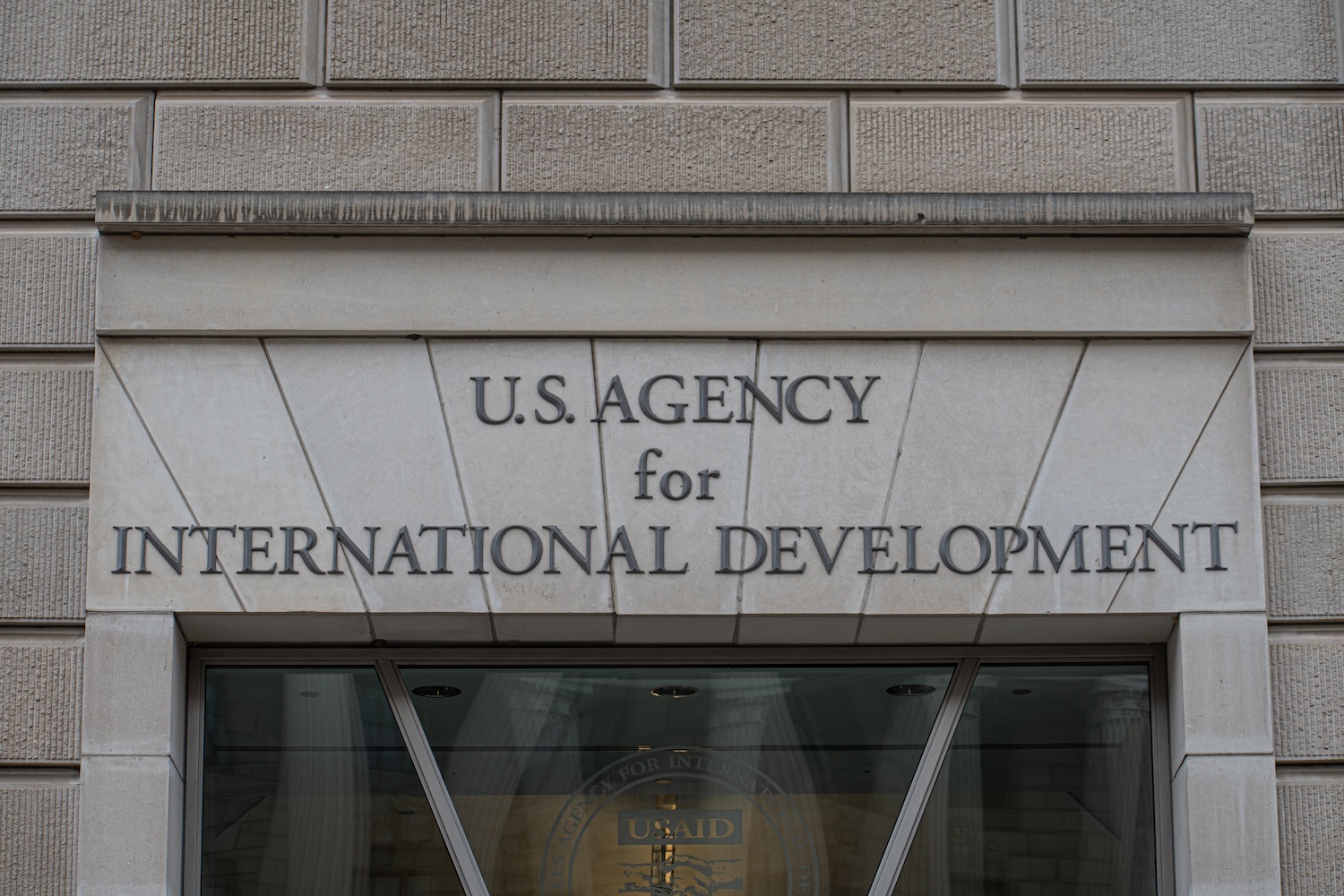July 1st marked the official end of the United States Agency for International Development, better known as USAID. The agency was established more than 60 years ago in the midst of the Cold War, part of President John F. Kennedy’s soft power strategy to use development assistance to promote democracy in the face of rising communist movements around the world.
Today, we’re in another “Cold War moment.” Geopolitical competition between the US and China is fueling a race to develop and deploy technologies like AI in pursuit of economic and political dominance. As we develop these technologies, we must maintain our commitment to social impact and international development. It is both geopolitically strategic and the right thing to do.
I am no stranger to the powerful potential of AI. I’ve worked as an AI subject matter expert and advisor to corporate executives as well as policymakers in Congress. I serve on the programming committee for the largest international AI research conference, and, as our Director of Emerging Technologies, I lead initiatives and convene global leaders on issues including the economic impacts of AI and US-China competition.
During my decade working in AI and tech policy, I’ve witnessed how public attitudes toward technology have shifted from wonder and awe to fear and concern. Despite the claims of AI company executives, people are increasingly skeptical that AI will lead to “radical abundance.” (Instead, a study from the U.K. found that the word people most associated with AI was “scary!”)
People are rightfully concerned about the impacts of AI on jobs. It’s not just employers gleefully touting “digital labor” on earnings calls and predicting half of white-collar jobs may be automated. Worker displacement is an explicit objective of many AI builders. One of OpenAI’s self-proclaimed goals is to produce AI systems “that outperform humans at most economically valuable work.” Human rights is also an area of worry. Despite talk of American liberal values, AI has been employed to conduct mass surveillance, in the US and China alike. And then there is democracy. The rise of deepfakes, AI-powered scams, and deluge of misleading AI-generated content online threatens to undermine the social trust that is essential to self-government.
These AI-related harms have driven many to reject AI and refuse its adoption; a trend that runs counter to the aims of American geopolitical competition. The public doesn’t care about innovation for the sake of innovation. The public needs to see technology that materially improves people’s lives. Pew found that 57% of adults across the nations polled (and the vast majority of Americans) expect children in their country to be economically worse off than their parents. The last thing that many people want to see is AI that outperforms them at their jobs.
If the US wants to beat China on AI, it needs to learn from USAID and Kennedy’s soft power approach—using economic opportunity and development assistance to promote American values, both at home and abroad. This means re-orienting technology development around goals that work in service of public priorities and shared prosperity, such as addressing poverty, health disparities, and hunger. It means creating new metrics for evaluating, funding, and improving AI that take these goals into account.
When President John F. Kennedy addressed the United Nations General Assembly in 1961, he spoke of USAID and America’s commitment to sharing capital and “technology to help others help themselves.” Although international development funding is in retreat, the US can still lead the world with technology that helps people to address the most pressing challenges of our time. We must learn from the Cold War and race toward an AI future that we can all believe in.





